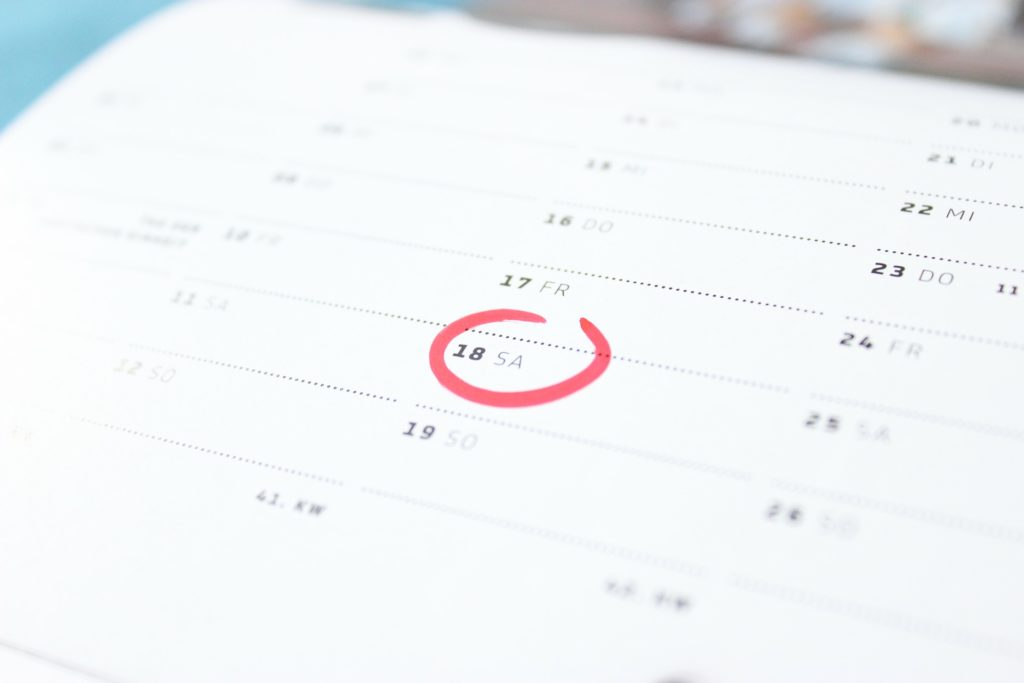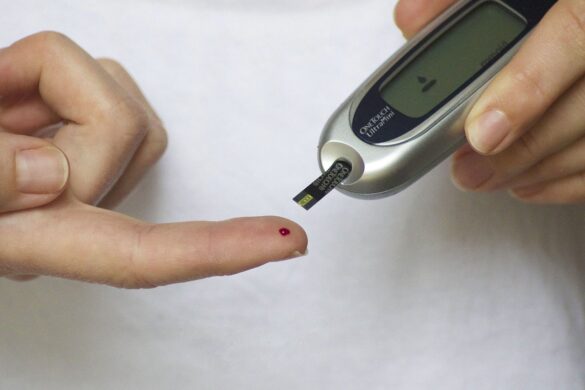
Predicting when you’re going to ovulate is the key to any fertility plan, and doubly important if you’re facing any challenge to your fertility. You can only get pregnant when sperm encounter a fertile egg and identifying that moment when your ovaries release an egg is the foundation on which you can build the rest of your plans
Polycystic Ovary Syndrome significantly cuts down on the number of times you ovulate over the course of your life, so identifying and anticipating those occasions when you do is absolutely vital.
There are plenty of options available to you, but of course, if they don’t work (or don’t work for you) then they’re not the right one, even they promise to be convenient and cheap!
One of the most widespread is the ovulation predictor kit – known an OPK to many. They’re available in supermarkets and chemists and they work pregnancy tests, in that they test your urine for hormones. While pregnancy tests look for human chorionic gonadotropin, which your body manufacturers early in pregnancy, OPKs are looking for luteinising hormone (itself often abbreviated to LH), the chemical that your body manufactures to tell your ovaries to eject the egg they’ve been maturing.
If the test registers a high level of this hormone it tells you that you’re ovulating and this is the time to try to get pregnant!
It’s convenient – if you don’t mind the slight indiginity of peeing onto a stick or into a cup – but this approach has some downsides. For one thing, if your body has a different hormonal make up than the average the test is assessing you against then it’s going to lose a lot of accuracy. This needn’t be the result of a medical condition: some people simply have naturally high or low levels of certain hormones so while you might ovulate regularly the test either won’t pick it up, and register false positives throughout your period! If you have a hormone condition like PCOS then they really of very little use at all.
A better measure is Basal Body Temperature. This is the low temperature your body falls to when you’re asleep. Measuring it is tricky, but with accurate results you can not just spot when you have ovulated, but when you’re going to! This technique retains its accuracy even if you’re body has a different average resting temperature or hormonal background: you’re looking for a deviation from your norm, not an average figure.
With solutions for sale that make it easier to get accurate data and that do the hard work of turning those observations into predictions, this really is the best option for predicting your ovulation.







